Can Muslims Get Tattoos? All You Need To Know
Learn why getting permanently inked is forbidden in Islam and the permitted alternatives.
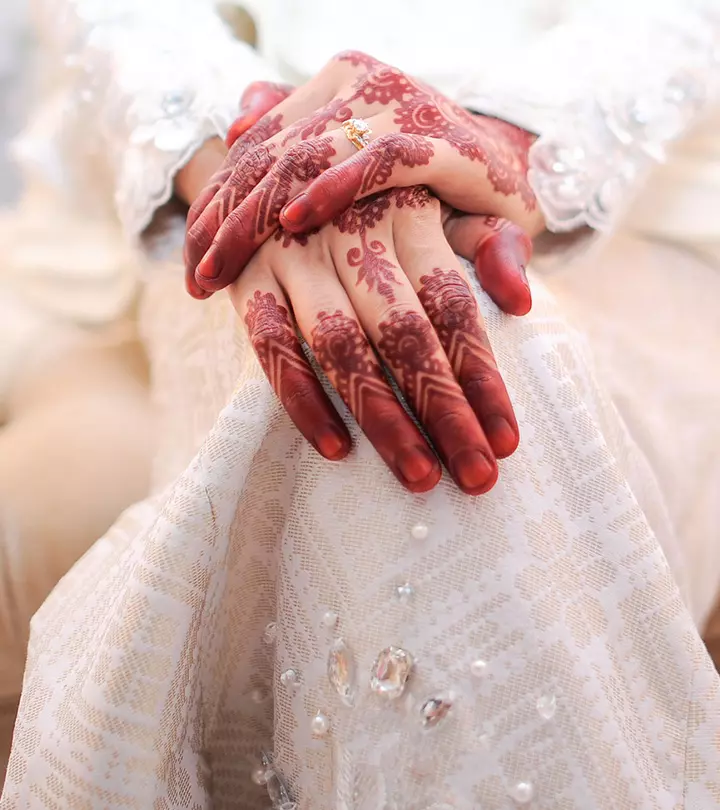
Image: Shutterstock
Many Muslim scholars and followers have different perspectives on tattooing when asked, “Can Muslims get tattoos?”. While many young Muslims have contemporary tattoos and see nothing wrong with it, many believers feel that it is against Islamic law and support the prohibition against tattoos. While Islam allows certain kinds of body art, permanent tattoos are not one of them. In this article, we will explore in detail why tattoos are forbidden in Islam and the permitted alternatives to them. Do not wait any further and scroll down to know more.
In This Article
Can Muslims Get Tattoos?

The major opinion of Muslims on permanent tattoos is that they are not permissible under Islamic traditions and law. Many Islamic scholars consider the ancient practice of tattooing a sin due to a hadith (a traditional account of things said and done by Prophet Muhammed that serve as a guide to Muslims on matters of religion). One such decree proclaims that anyone who gets a tattoo on themselves or makes a tattoo on someone else will be cursed.
However, tattoos are not specifically mentioned in any Quranic verse. But one Quran verse does talk about not harming or inflicting pain on their body for no valid reason.
However, it is important to understand that Quranic verses and hadith have different religious interpretations in different cultures. While Sunni muslims strictly prohibit tattoos, the tattooing rules for Shia Muslims slightly differ. They argue that there is no direct instruction about tattoos in the Holy Quran or hadith. So, tattoos for cultural practices may be permissible as long as they do not feature idols, Quranic verses, or anything against spiritual traditions. The display of tattoos for Muslim women must be decent and not insulting to religious figures or notions.
Tattoos are also viewed differently in different countries. You can check out the list of tattoo-banned countries, as they view this artform as a crime and they have their laws to punish tattooed people accordingly. Some of these countries are Iran, Turkey, and UAE. Egypt is an Islamic country with one of the oldest tattooing customs in the world. Though there are mixed opinions on tattoos now, the popularity of tattoos is still very much intact. Some religious figures in Tunisia have allowed tattoos for cultural identification. Despite religious obstructions, Tunisian tattoos as an art form seems to have a bright future as youngsters are leaning towards religious tattoos as well as contemporary tattoo designs.
Although some Islamic communities are accepting of tattooing customs, permanent tattoos are generally forbidden in Islamic communities. Check out the next section to learn about the reasons behind the prohibition of tattoos.
Key Takeaways
- Tattooing is generally considered to be haram by Sunni Muslims. However, Shia Muslims may allow tattoos for cultural practices.
- Altering the Almighty’s creation and inflicting unnecessary pain on the body are some of the reasons why tattoos are prohibited in Islam.
- Having tattoos will not obstruct one’s prayer as the water can reach them, despite being under the skin, during Wudu (cleansing ritual before prayer).
- Henna and body painting are the two most popular alternatives to permanent tattoos for Muslims.
Why Does Islam Prohibit Tattoos?
Though there is no reasoning given for the prohibition against tattoos in the hadith in Sahih Bukhari, various Muslim scholars have provided the following arguments for the prohibition against tattooing:
1. Unnecessary Pain
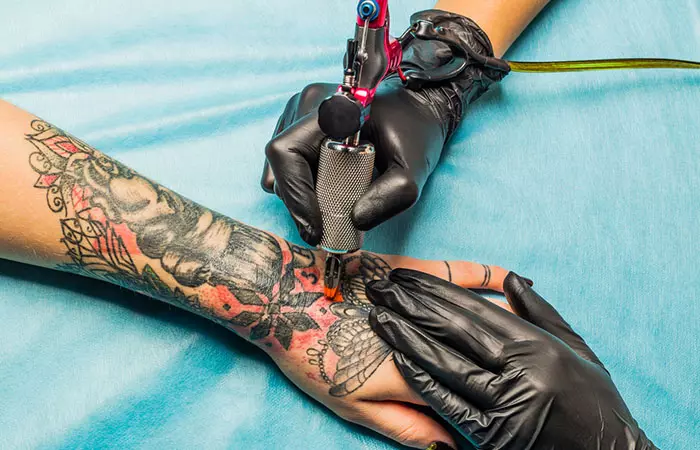
Tattooing is essentially creating a wound on the skin to make it colorful and different. It is mutilation of the human body, which is prohibited in the Quran. Also, tattooing may also increase the risk of infection, which may further cause harm to the Almighty’s creation.
2. Disrespecting The Almighty’s Creation
Tattooing requires altering the body given to us by the Almighty, which is considered as disrespectful to the Almighty’s artistry.
3. Adherence To Non-Believer’s Tradition
Tattoos are associated with non-believers who make religious tattoos. Hence, permanent tattoos on the body would be seen as adherence to their beliefs instead of Islam.
Another question arises: Are piercings a sin? It’s essential to consider the cultural context. Though earlobe piercings for women are not considered a sin in Islam, as many Muslim women wear jewelry, using a needle to have a tattoo is not pro-Muslim. Many Islamic scholars argue that there can be various religious interpretations of this hadith. Muslim women are allowed to wear jewelry. Hence, piercing is permitted. Orthodontic braces or rhinoplasty are allowed for medical reasons. Also, non-permanent tattoos are part of many Islamic cultures. So, there cannot be one strict interpretation. Therefore, the discussion around tattoos is largely debatable.
 Did You Know?
Did You Know?The above-mentioned reasons tell you why tattoos are forbidden in Islam. But what if you have one? Can we pray with a tattoo? Find out in the next section.
Can You Pray With A Tattoo In Islam?
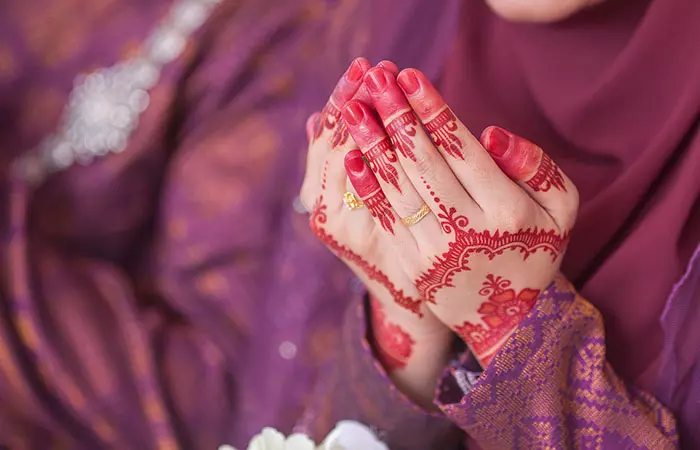
While tattoos are considered haram for the reasons mentioned above, one can pray with a tattoo if they had gotten it before they became a Muslim. According to Islam, Allah forgives the sins of those who repent seriously and genuinely and all their previous actions are erased.
A ritual sense of cleanliness and purity is a prerequisite for a Muslim to pray or offer Namaz. Prayer is offered five times a day and Wudu is an essential ritual ablution where one cleans their limbs, face, and neck before praying. It is compulsory that water reaches every part of the dirty body that is being cleansed during Wudu.
Since tattoo ink is under the skin and it does not restrict water from cleansing the skin, it is not considered an obstruction in prayer or any religious practices in the technical sense. However, if any part of the tattoo prevents water from cleaning the skin, the Wudu and consequently the prayer will be invalid.
This comprehensive view highlights the flexibility of Islamic customs, where individual intention and circumstances are important. Individual circumstances can certainly be taken into account, even in instances where traditional interpretations place a strong emphasis on particular rules. It is recommended that believers consider their objectives and the larger spiritual context when handling religious observances, such as tattoos. This method enables a more compassionate and individualized interpretation of religious teachings.
Although one can pray with a tattoo, it is advised by Muslim scholars to avoid getting one. Instead, there are some non-permanent tattoo options that one can try. Check out the next section to learn more about temporary contemporary tattoos.
Alternatives To Tattoos
While permanent tattoos are generally not in accordance with Islamic traditions and law, the Islamic take on non-permanent tattoos is comparatively more lenient than permanent tattoos. If you are fond of body art and do not want to go against your religious rules, you may try the following alternatives to get contemporary tattoos permissible in Islam.
1. Henna
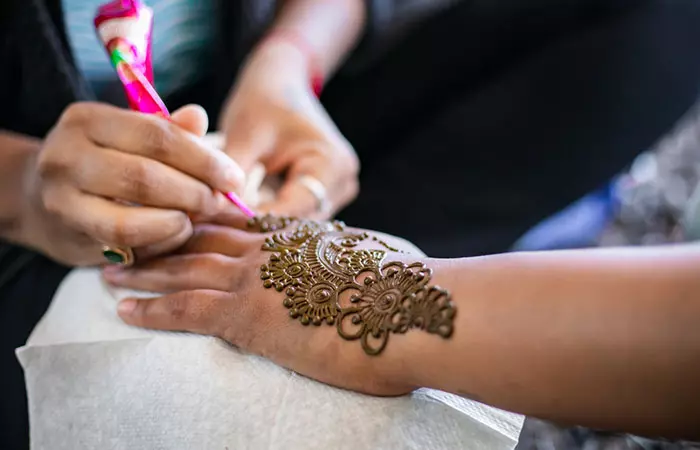
Henna is a plant-based dye that has been used for centuries in many Islamic cultures. Muslim women use henna to make temporary tattoo designs on their hands and body. The henna temporary tattoo is specially used during auspicious occasions like weddings and Eid.
 Did You Know?
Did You Know?2. Body Paint

Another alternative to permanent tattoos is body paintings made with non-toxic washable colors for temporary tattoos that can be easily removed with soap and water. Body painting can be used by Muslim women or men to express their individuality without violating Islamic laws.
These are non-permanent options that do not involve changing your body permanently. They represent joy and happiness and can be a great way to celebrate festivals like Eid-Ul-Fitr.
However, even non-permanent tattoos with inappropriate display of images or idols are not permitted.
There has been a discussion around tattoos in Islamic culture by religious scholars and followers. Islamic scholars claim there is a prohibition on tattoos in Islam because it involves inflicting pain upon ourselves and altering the body given by the Almighty. However, if one has gotten a tattoo before converting to Islam, they may not need a tattoo removal. It is fine to pray with a tattoo after you have genuinely repented for it. Popular and non-permanent tattoo options permissible in Islam such as henna and body painting are the perfect way of expressing oneself without breaking any Islamic laws.
Frequently Asked Questions
Can I convert to Islam if I have tattoos?
Yes, anybody can convert to Islam after a genuine repentance for their past sins.
How does the perception of tattoos within Islam vary across different generations?
Practicing Muslims of any generation generally think of permanent tattoos as haram, which means prohibited under Islamic law. However, many non-practicing Muslims in younger generations have embraced modern tattooing as a form of expression and resistance.
Is there a historical or cultural tradition of tattoos within certain Muslim communities?
Yes, despite tattoos being considered haram by a majority of Islamic scholars, the popularity of tattoos is seen in certain Islamic communities in North Africa and the Middle East where people are getting protective tattoos done and working as freelance tattoo artists for beautification as well for protection against diseases.
Illustration: Can Muslims Get Tattoos? All You Need To Know
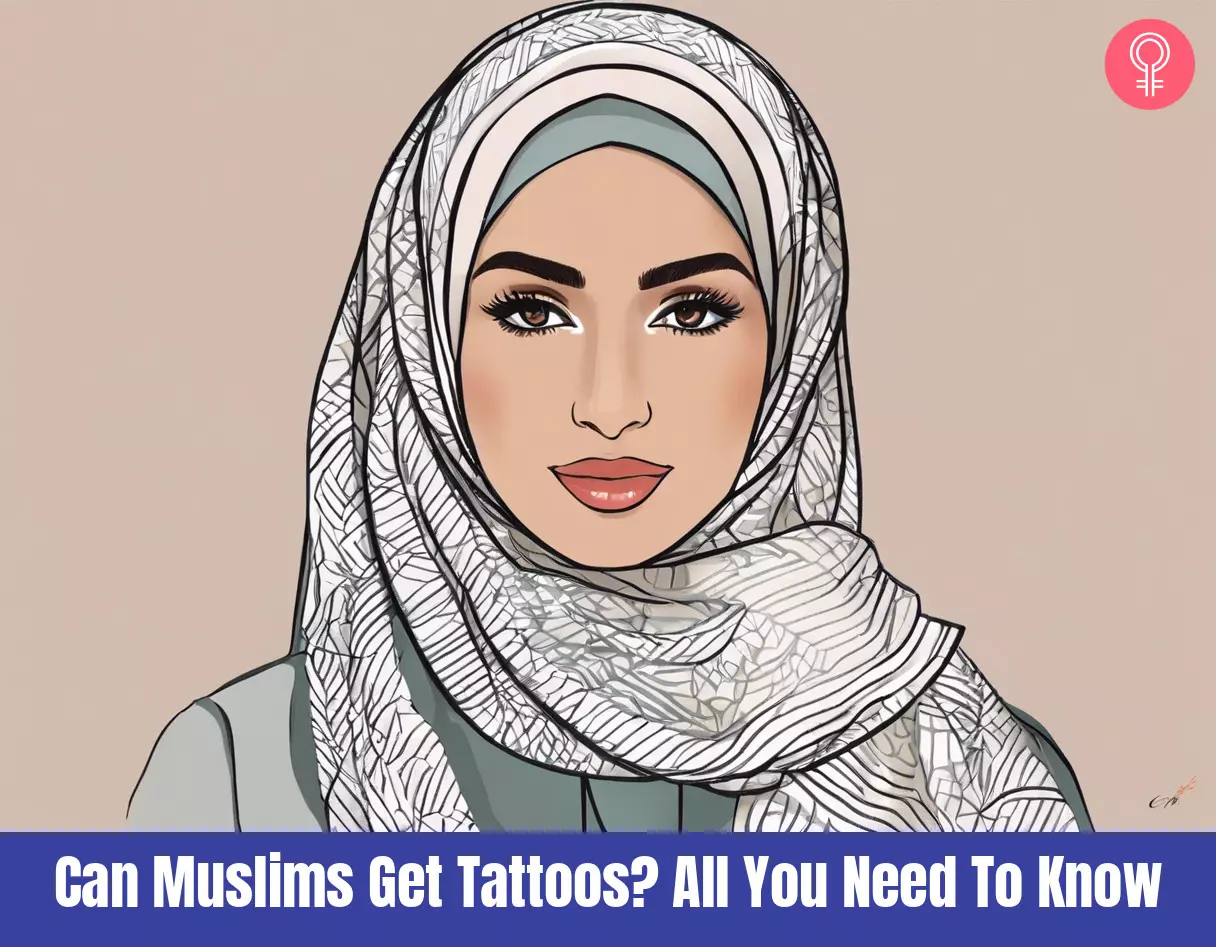
Image: Stable Diffusion/StyleCraze Design Team
Tattoos are forbidden in Islamic traditions and laws that are based on the holy book of Quran. Check out this video to learn about the instructions regarding this ancient form of body modification in the Quran!
Read full bio of Ali Aman
Read full bio of Gazala Firdos Ansari
Read full bio of Eshna Das
Read full bio of Shreya Mukherjee











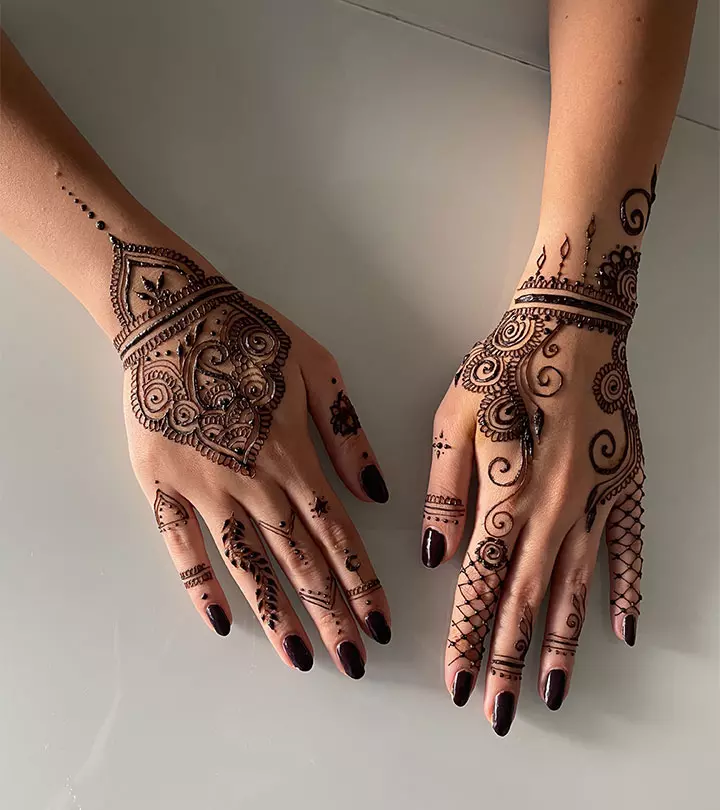

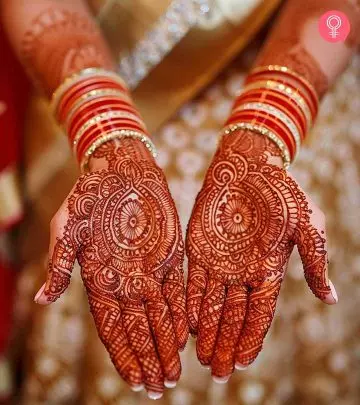





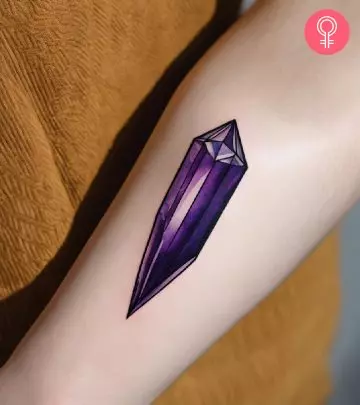







Community Experiences
Join the conversation and become a part of our empowering community! Share your stories, experiences, and insights to connect with other beauty, lifestyle, and health enthusiasts.